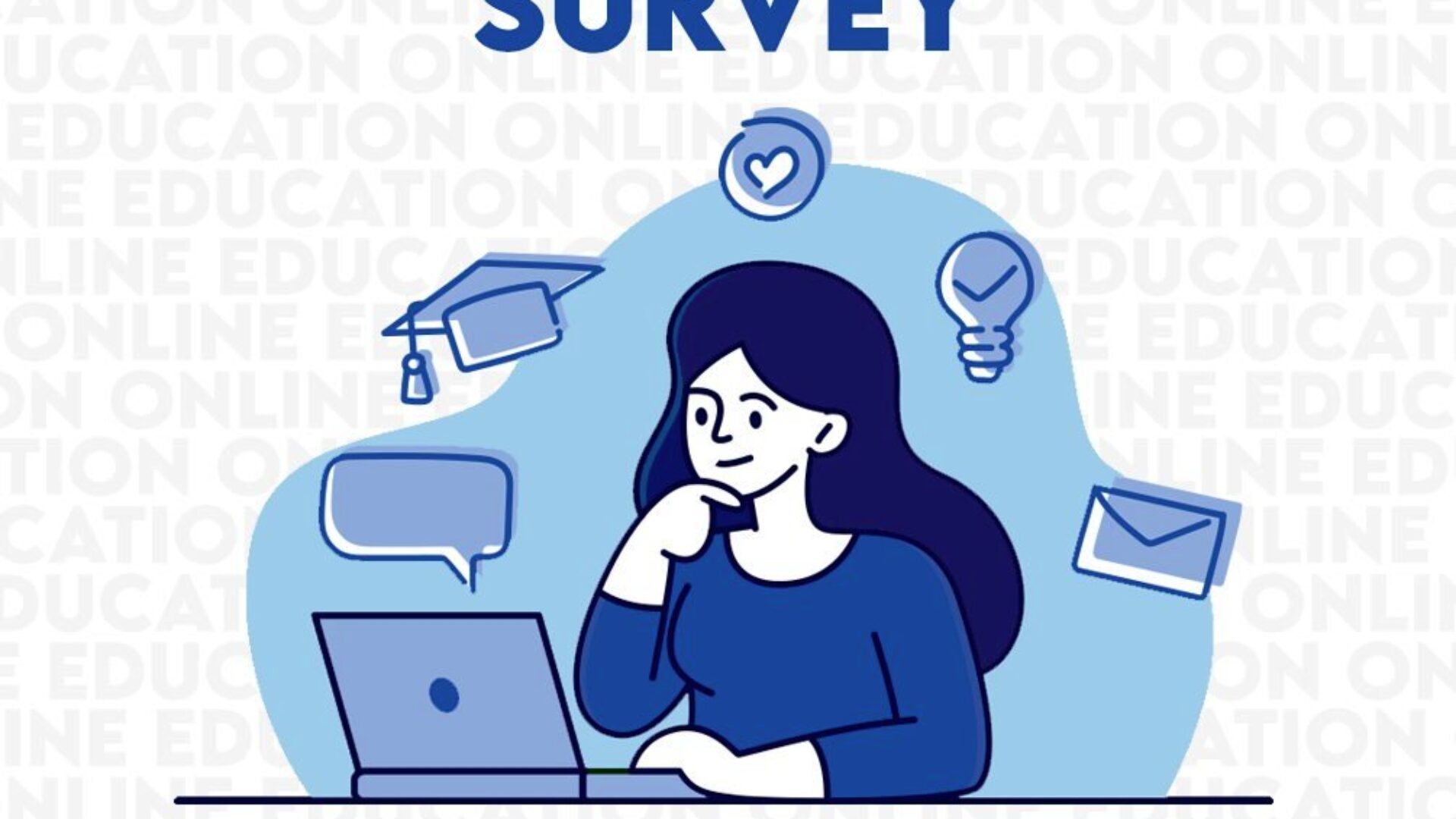Online Education

Last semester more than 1100 students, spread over the 4 campuses, completed the online education survey. This survey gauged the desired form of education, a reflection on the current way of working and future plans.
Results from the survey
Since the introduction of online education, the majority of the students indicated that they have a better understanding and ability to schedule their learning. Moreover, online education provided more inclusion, this was indicated by commuter students, top athletes but also people with disabilities. However, the lesson plans also had some drawbacks, the main one being procrastination.
When polled about the form of education, there is a clear distinction between the bachelor and master students. Whereas the bachelor students opted more for a physical form of teaching, a master student is more likely to choose an online alternative. However, it has become apparent that there is no black and white model of education, but rather we should pursue a hybrid version.
In the long term, students see hybrid education as a permanent fixture. They opt for knowledge clips online, but also physical contact moments on campus. Here cases and exercises can be discussed. In this way, the theory can be processed at one’s own pace but there is still a check on procrastination.
Education in the future
From KU Leuven, a university-wide framework has been established in relation to lesson recordings. The university recommends lesson recordings where it is workable but, does emphasize here that there should be physical contact moments. The FEB concurs with this view and will roll this out in the future.
In addition, there have already been discussions with the faculty where, among other things, the survey results were discussed. These show that student and professor are on the same wavelength, where hybrid education will be a permanent value in the educational offering. This form of teaching will be further developed during the year with follow-up from the various consultative bodies.
Most important questions
-
Next semester, teachers will make the necessary considerations around lesson recordings for their own courses, and recordings will continue to be available where workable. Most likely, for the majority of courses, lecture recordings will remain available. However, these will serve as a secondary form of material, so physically going to class will remain optimal.
-
Every professor will communicate his/her way of teaching through Toledo. This form of teaching will be maintained throughout the semester.